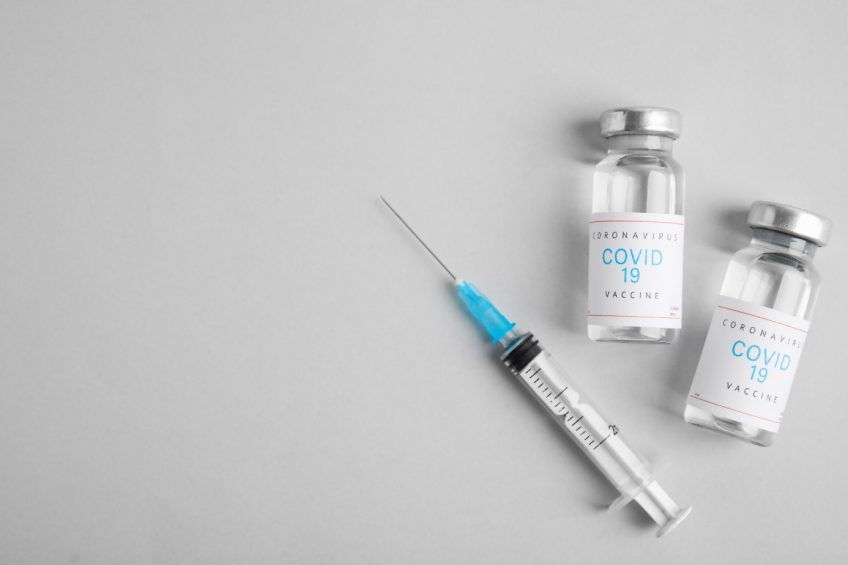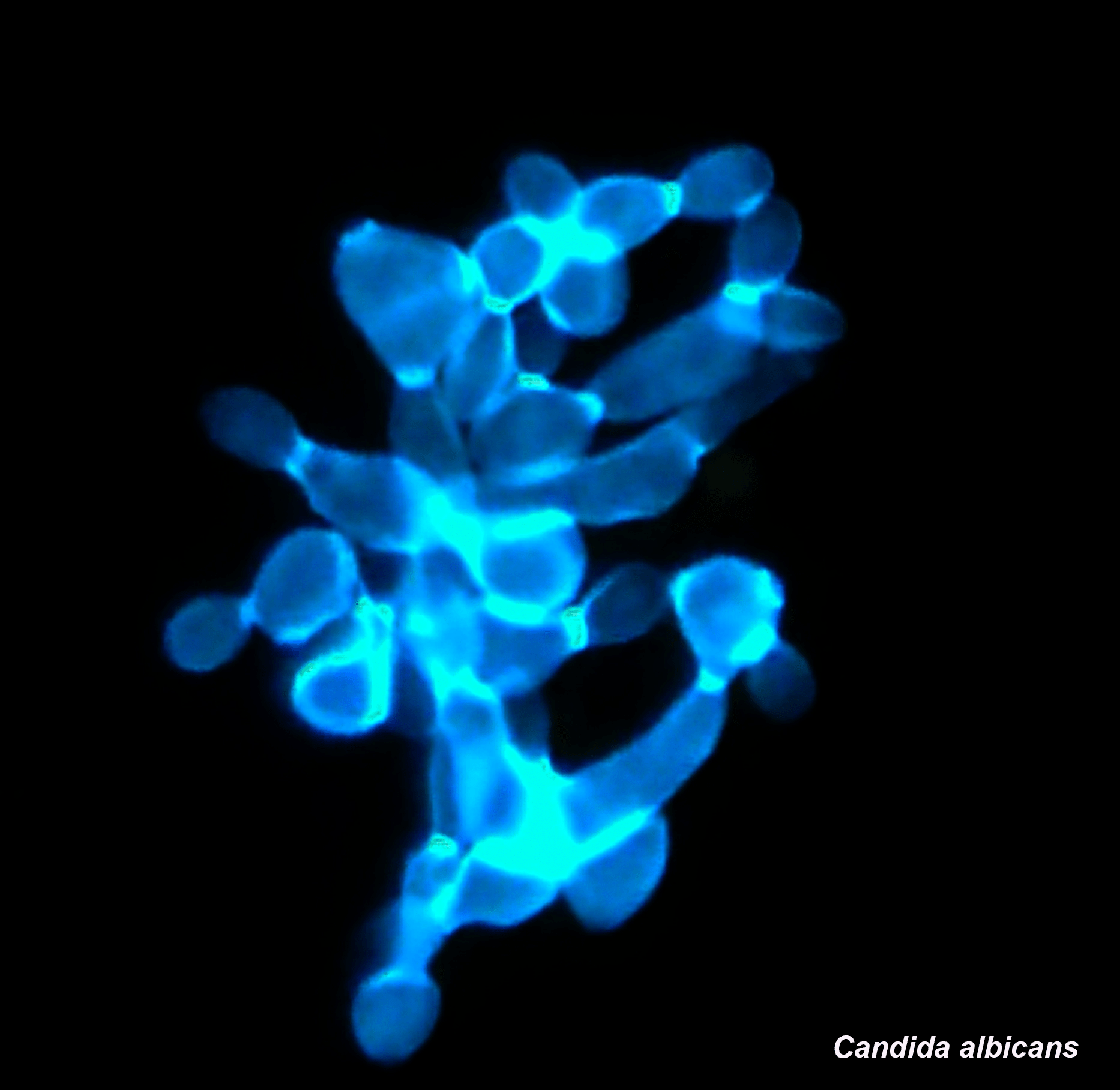Team’s FRM 2022 – G Gorochov 10 January 2023
Recent research suggests a balanced synergy between the host immune system and microbiome. Gut microbiome dysbiosis could alter this synergy and aggravate disease severity in Primary Antibody Deficiencies (PAD). Our goal is to unravel microbial and immune signatures that segregate between PAD clinical phenotypes and to elucidate the impact of antibody supplements on the outcome of PADassociated disease. We will achieve this goal by i) unraveling virome contribution to gut microbial ecology, ii) elucidating the microbiome and immune profiles in symptomatic and asymptomatic PAD, iii) characterizing the effect of antibody supplement in PAD mice model, and iv) developing predictive models for PAD-associated disease progression. We will use the power of deep metagenomics coupled with viromics to provide a comprehensive outlook on gut microbial structures composed of bacteriome, archaeome, mycobiome and virome in a PAD cohort. This cohort is composed of 120 subjects with matched stool and blood samples. The causal role of the microbiome in mediating PAD-associated phenotypes will be explored by microbiome transplant in a novel mice model of PAD. By coupling clinical sampling, the microbiome and immune profiling with animal models and machine learning we will build a predictive model for microbiome-associated disease progression. To mitigate PAD disease severity, we will assess antibody supplementation therapy in the murine model and longitudinally characterize changes in microbial networks and immune profiles with and without antibody supplements. Upon completion, this project will provide an integrated view of the relative impact of microbiome composition in high-risk PAD that could represent long-awaited biomarkers for PAD disease progression. Moreover, we will provide a proof-of-concept for a targeted microbiome manipulation based on antibody supplementation that is of relevance for the treatment of PAD, but conditions involving microbiome-immune deregulations.

